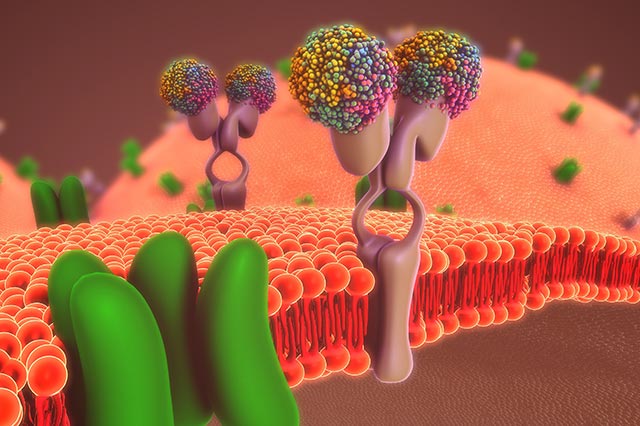The long road of signalling research
Main stream media heralds each new discovery of a signalling molecule as a breakthrough, the reality is that it’s a long road to truly elucidating how each discovery fits within their environment.The Ser and Thr kinase AKT, also known as protein kinase B (PKB), was discovered 25 years ago and has been the focus of tens of thousands of studies in diverse fields of biology and medicine.
It has taken this quarter of a century to understand that AKT’s function and regulation impacts many diverse physiological and pathological processes. These processes include developmental and overgrowth syndromes, cancer, cardiovascular disease, insulin resistance and type 2 diabetes, inflammatory and autoimmune disorders, and neurological disorders.
A review in Cell navigates the AKT network and illustrates the impact this molecule has on many diverse biomedical disciplines. The full article is available on the Cell journal website. The threat of research funding being reduced as Brexit is implemented may not have an immediate impact but rather make scientific roads such as the AKT one more arduous. Twenty five years in research terms is not long, in fact its almost lightening. Wealth of research funding across many disciplines is an objective that must be protected even in the context of Brexit, it’s not enough to preserve funding for public favorites such as cancer.
Reference(s)
- Brendan D Manning, Alex Token. AKT/PKB Signaling: Navigating the Networks. Volume 169, Issue 3, p381–405, 20 April 2017. DOI: http://dx.doi.org/10.1016/j.cell.2017.04.001.
Click TAGS to see related articles :
CELL SIGNALLING | PROTEIN KINASE B | RESEARCH
- Nest sites await return of history-making ospreyson March, 2026 at 6:37 am
- Neighbours angry at parking ban to speed up buseson March, 2026 at 6:33 am
- Wildlife trust's centenary 'free weekend in...on March, 2026 at 6:24 am
- Glass deposit plan 'could push up prices for...on March, 2026 at 12:48 pm








